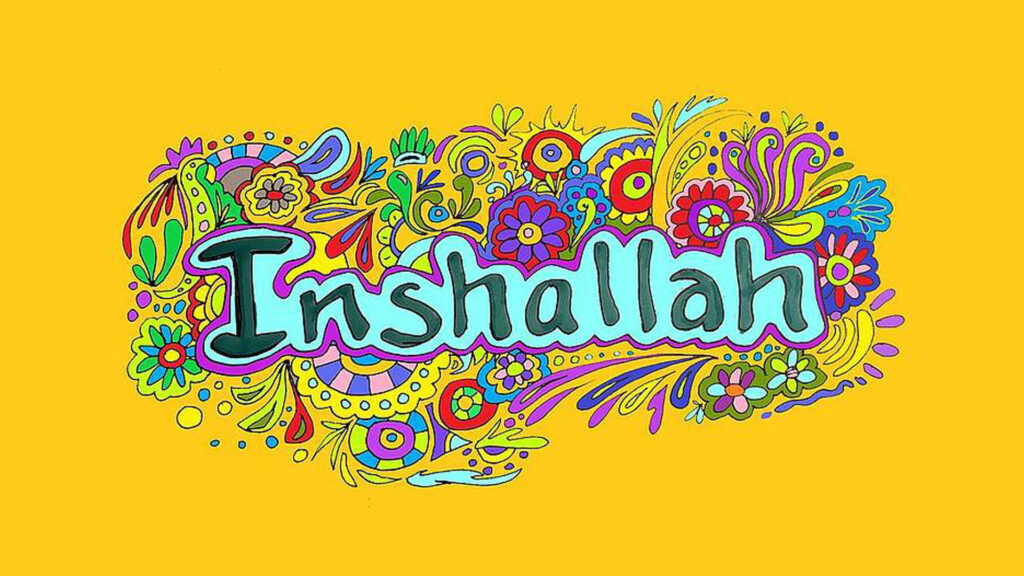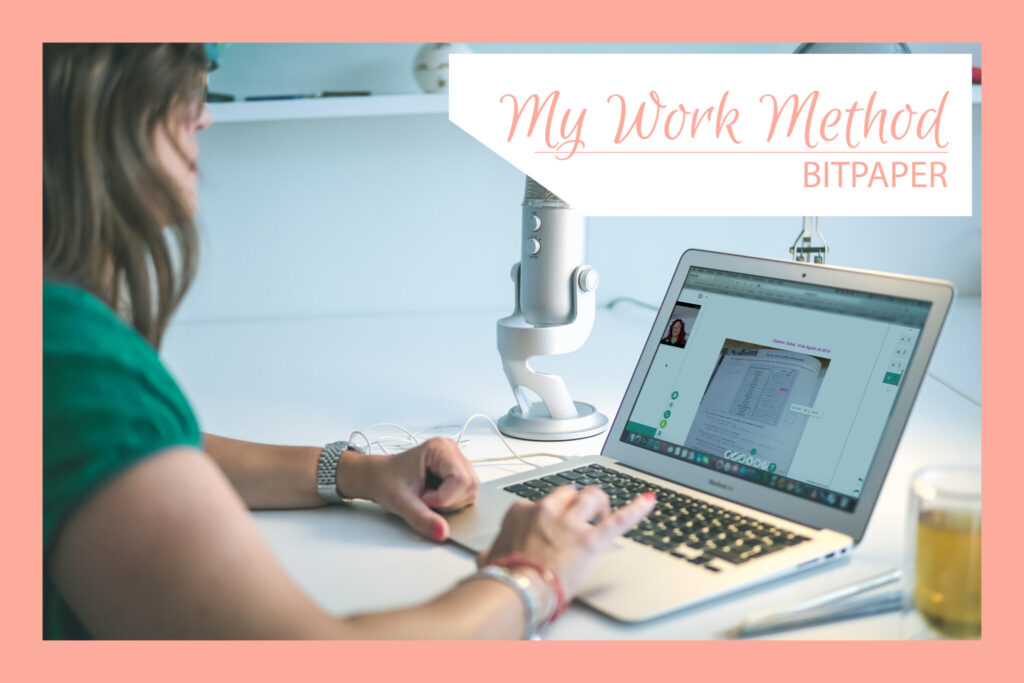OXALÁ – Inshallah – é português ou árabe ?

Inshallah – é português ou árabe ? (law xá Allah ou incha Allah, se Deus quiser). Na minha convivência com pessoas falantes de árabe apercebi -me do uso muito frequente da palavra “ Inshallah” nas suas conversas. Quando perguntei o significado da palavra “ Inshallah” fiquei surpreendida, porque os portugueses também têm uma palavra com […]
My Work Method – Bitpaper

For all my classes, I always follow a methodology. After talking to the student and setting up a customized program, I send him a link to Bitpaper. Bitpaper is free software for online classes. It is a very easy and intuitive tool, that the student will know immediately how to use. During the lessons, we […]
